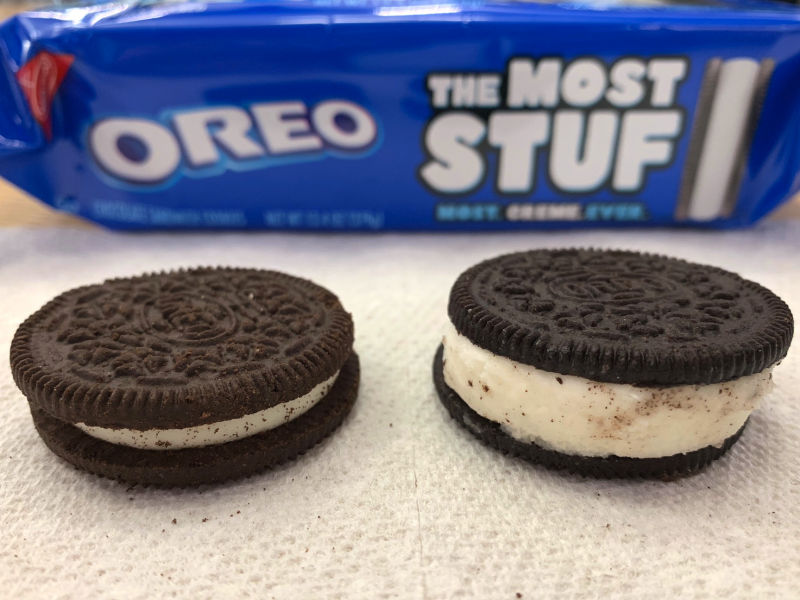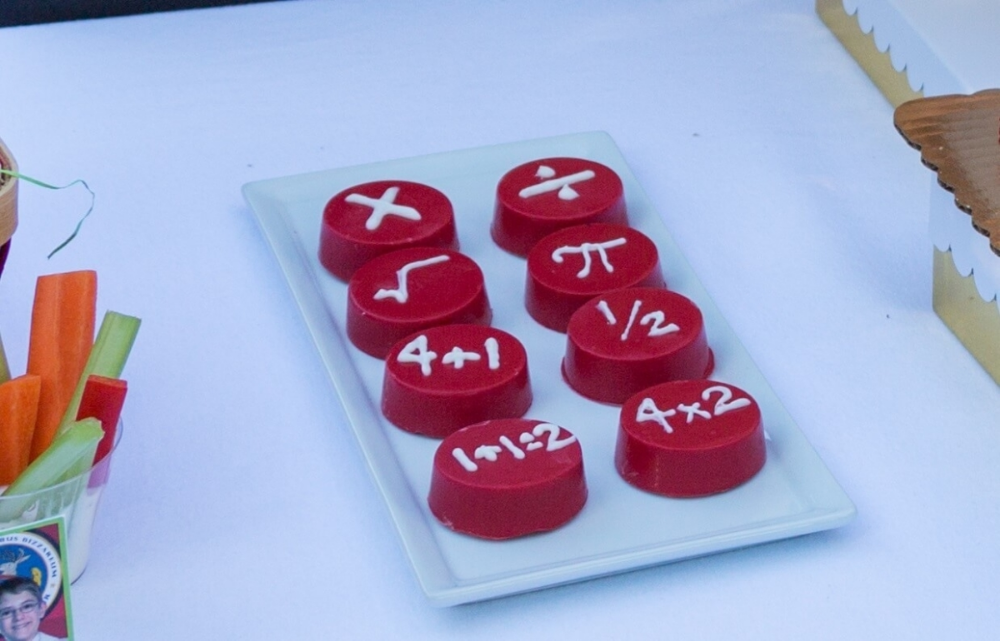Investigating the Great Oreo Debate: Is Double Stuf Still Double?
In a world fraught with uncertainty, we cling to the small pleasures that promise consistency—like the beloved Oreo cookie. Yet, a recent claim by TikToker @littlevirgrow has stirred the pot, challenging the integrity of the Double Stuf Oreo’s cream-to-cookie ratio. Accusing the iconic snack of failing to live up to its “double-stuffed” promise, this assertion has resonated with many, reigniting a debate that’s almost as old as the cookie itself.
The Spark of Controversy
The controversy took to the digital stage when @littlevirgrow showcased on TikTok what appeared to be Double Stuf Oreos lacking in their namesake attribute—double the cream. “These are regular,” she declared, as the camera revealed cookies that seemed suspiciously underfilled. Despite tagging Oreo in her post with a plea for explanation, the silence from the cookie conglomerate was deafening, leaving the masses to ponder: has Oreo compromised on its double delight?

Voices from the Crowd
The outcry wasn’t solitary. The comments section beneath the video became a ground for collective skepticism, with users sharing their grievances and nostalgia for creamier times. This isn’t the first instance of consumers questioning the Double Stuf ratio—a high school experiment back in 2013 calculated the filling to be just 1.86 times that of a regular Oreo, a finding that subtly whispers ‘insufficiency’ rather than the bold declaration of ‘double’ that fans expect.
Corporate Assurances Amidst Shrinkflation
Dirk Van de Put, Mondelez International’s CEO (the parent company of Oreo), has previously addressed such concerns, ensuring lovers of the cookie that altering the cream-to-cookie ratio would be detrimental to the brand’s integrity. However, in the shadow of battling rising ingredient costs, concessions have been made in the form of price hikes and reduced package sizes, a phenomenon known as shrinkflation affecting various consumer goods beyond just Oreos.
Mathematics and Cookies: An Intersection
In a previous discussion, we explored the use of mathematics to unravel the truth behind Double Stuf Oreos. Mathematics, with its precise nature, offers us a tool to quantitatively assess claims that seem qualitative at first glance. Just as numbers govern the order in our universe, they can also debunk or validate marketing claims, pushing us towards a more enlightened consumerism.

Leveraging Our Skepticism Constructively
As someone deeply rooted in science and evidence-based assertions, I acknowledge the importance of skepticism, especially in today’s marketing-heavy environment. The Double Stuf Oreo debate serves as a reminder that, while our fondness for a product may stem from its nostalgia or taste, it’s crucial to remain vigilant and inquisitive. As consumers, it’s within our right to question and demand transparency, ensuring that the products we cherish continue to meet the standards they claim.
In conclusion, the saga of the Double Stuf Oreo is more than about cookies—it’s a discourse on corporate responsibility, consumer rights, and the pivotal role of empirical evidence in guiding our perceptions and expectations. As we navigate through an ever-changing landscape of products and marketing, let’s use our critical thinking skills, backed by science and inquiry, to distinguish fact from fabrication.
To stay updated on this storyline and explore more intersections of daily life with technology and science, sign up for the Daily Dot’s web_crawlr newsletter here and dive into a world where curiosity meets clarity.
Focus Keyphrase: Double Stuf Oreo debate